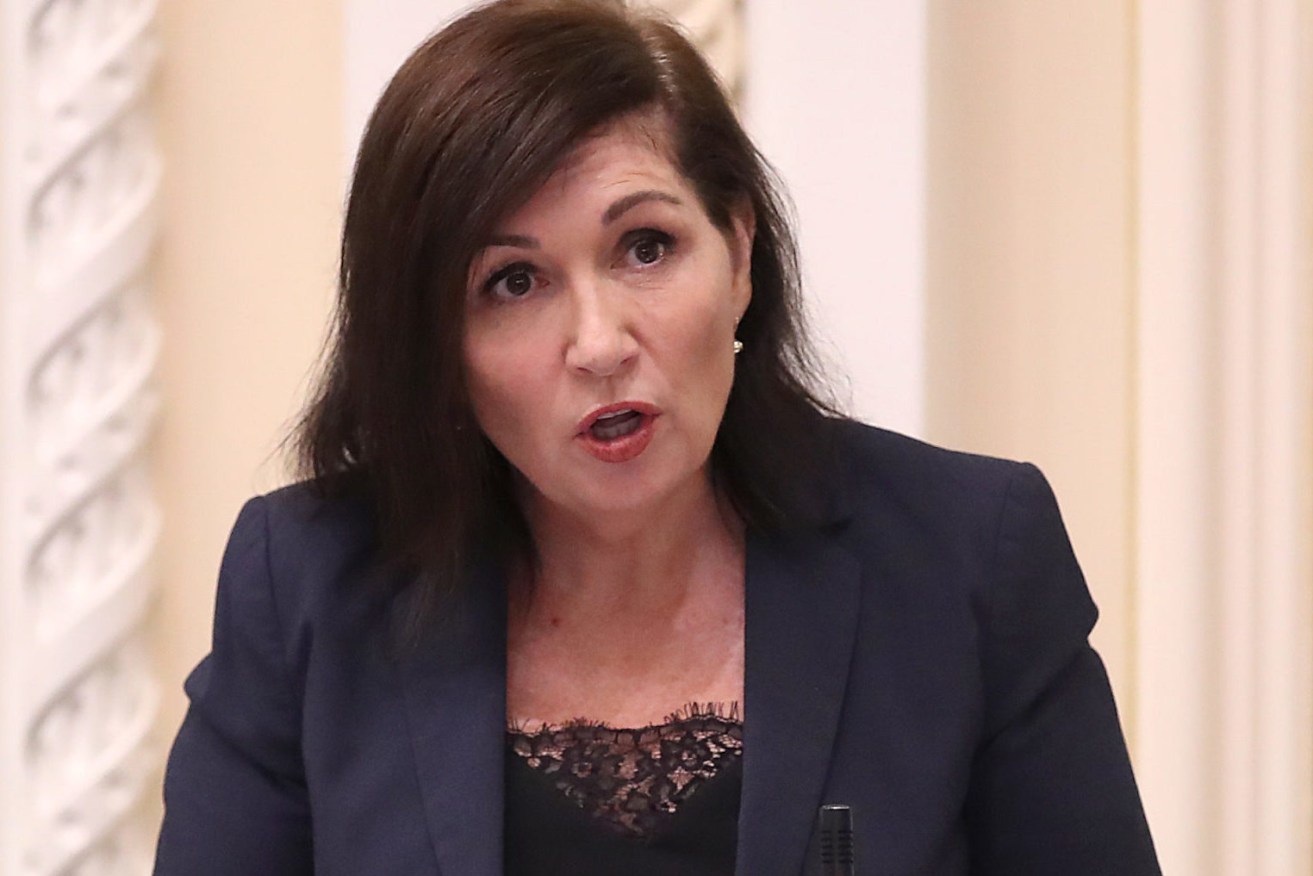Home sweet home: How people on $80,000 a year can still get public housing
People earning more than $80,000 a year are taking up 271 government subsidised households, adding to the state’s social housing bottleneck.


Housing Minister Leeane Enoch. (Photo: AAP Image/Jono Searle)
Shadow Housing Minister Tim Mander is convinced widespread breaches of the combined income threshold provide further evidence of social housing’s chaotic management.
His concerns follow the recent release of a Queensland auditor general’s report that revealed the waiting list for social housing had exploded 78 per cent in the last four years.
Dwelling shortages, soaring rental prices in the private market and pandemic pressures have tightened the supply-demand squeeze, according to the report.
But the Department of Communities, Housing and Digital Economy, which manages the state’s social housing system, was also lambasted for being unable to properly account for nearly 40 per cent of applicants in need of a home.
It was also upbraided for lacking a formal process to proactively identify tenants that it can support to transition away from social housing and into the private rental market when their financial means improve.
In a response to a Question on Notice from Mander in Parliament, Housing Minister Leeane Enoch said tenants in households with a gross, assessable annual income of $80,000 or greater were taking up 0.5 per cent of the available tenancies state-wide.
Mander said the figure was likely to be the “tip of the iceberg”, indicating even bigger problems besieging the embattled department and its minister as the housing crisis deteriorates.
Mander said whistleblowers had told him that income assessments were not being conducted at sufficient levels to relieve pressure on demand.
“It means there are people living in social housing that shouldn’t be there,” he said.
Mander said no penalties for people known to be breaching the income thresholds had been issued for the last five years and that incomes from working adult children living in the same household were also not being included on the occasions when assessments were conducted.
“Bottom line is that there are many people who do not qualify for social housing taking up space from people who are in desperate need of secure housing,” he said.
“And there appears to be no systemised way of evaluating their ongoing eligibility, or having a transition plan to move people of better financial means into the private rental market.”
In her response to Mander’s question in Parliament, Enoch said the department continued to actively work with social housing tenants to respond to their needs and activate a range of housing assistance and support solutions.
A department spokesperson said the “vast majority” of people living in public housing did the right thing.
“They tell the department as their circumstances change, are good neighbours and contribute positively to their communities,” the spokesperson said.
“We manage more than 54,000 social housing households and take our responsibility as a landlord very seriously.
“When tenants advise of changes to their income or household circumstances, the department assesses the impact of the change under its relevant policies.”












